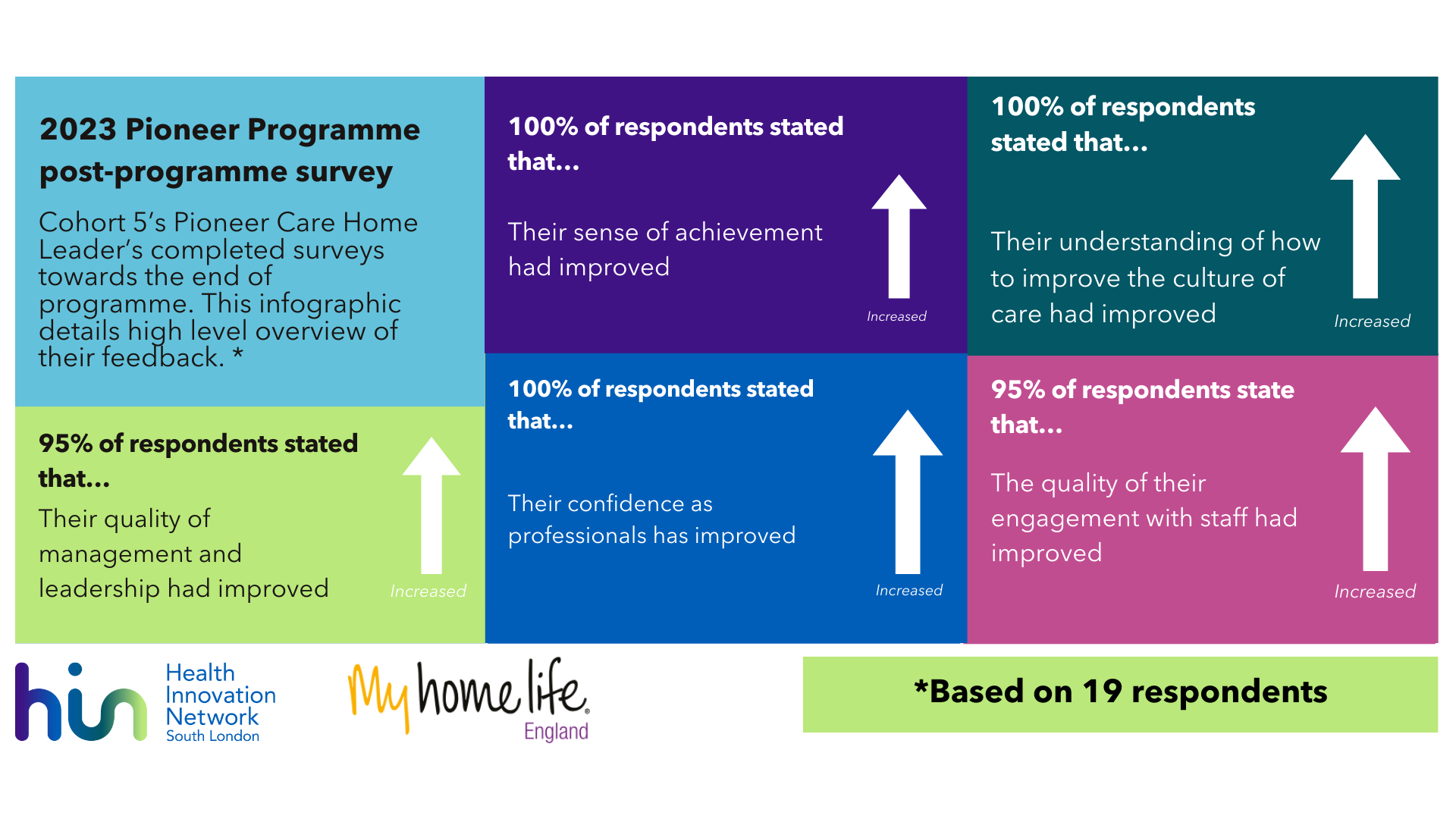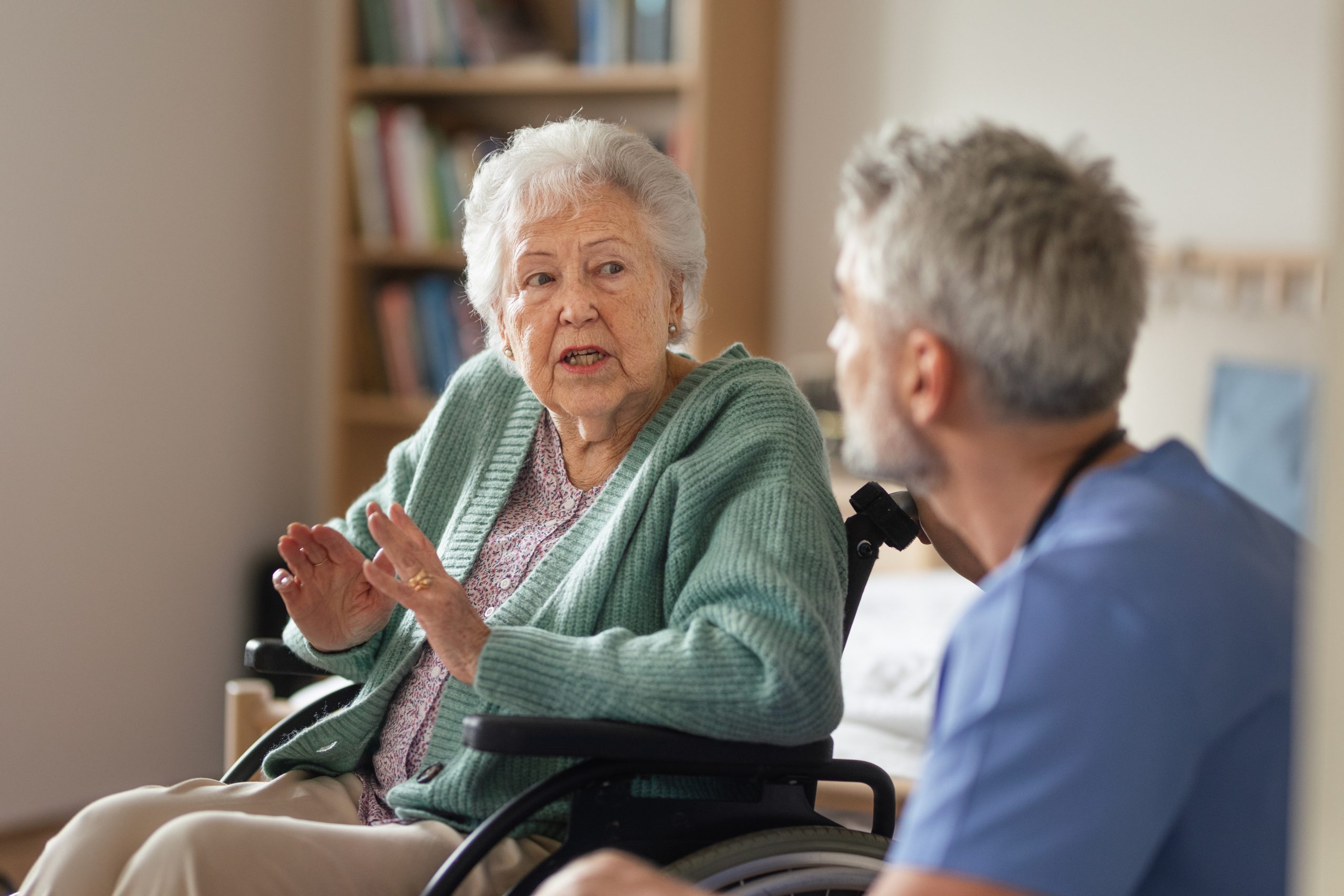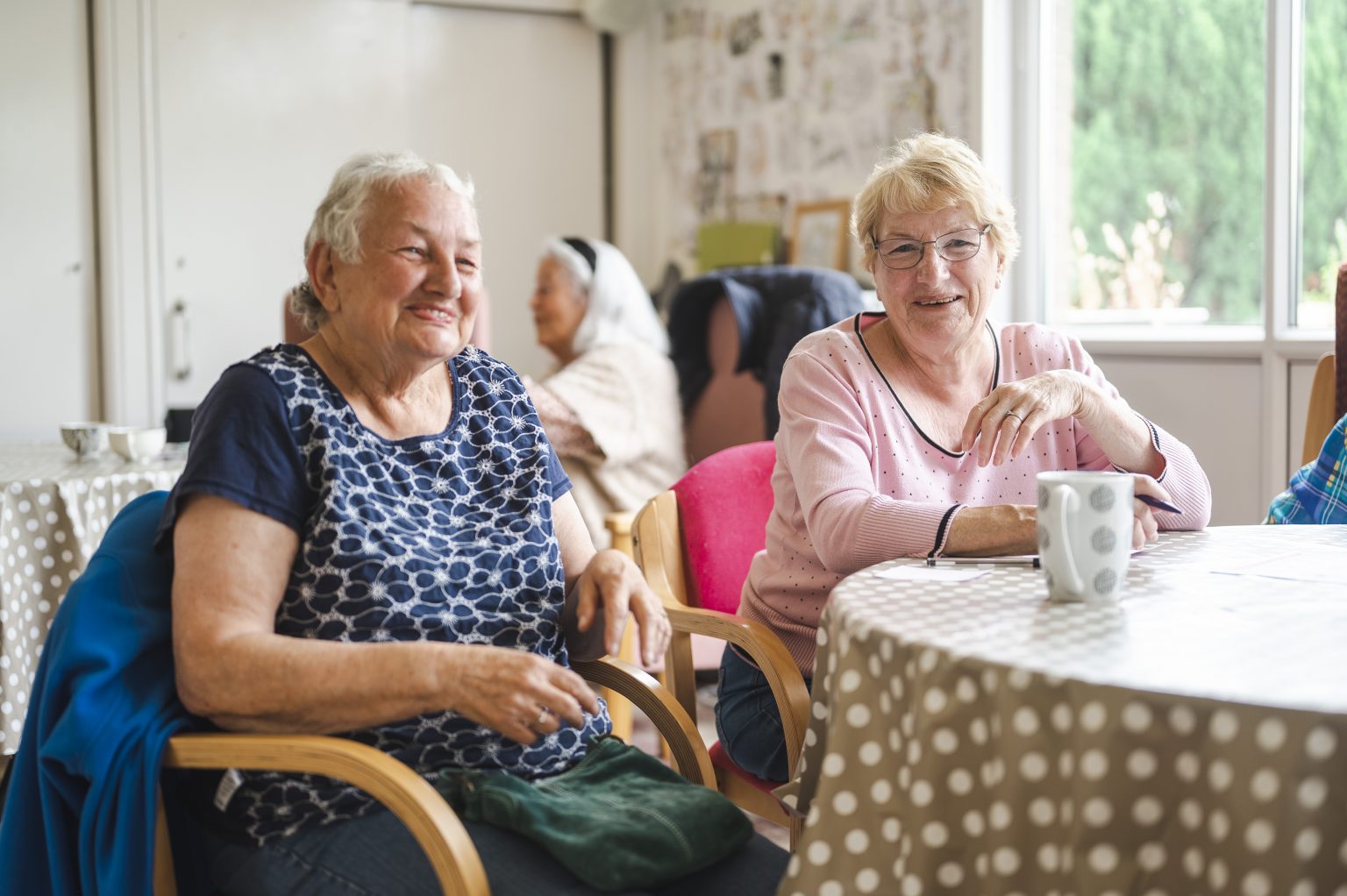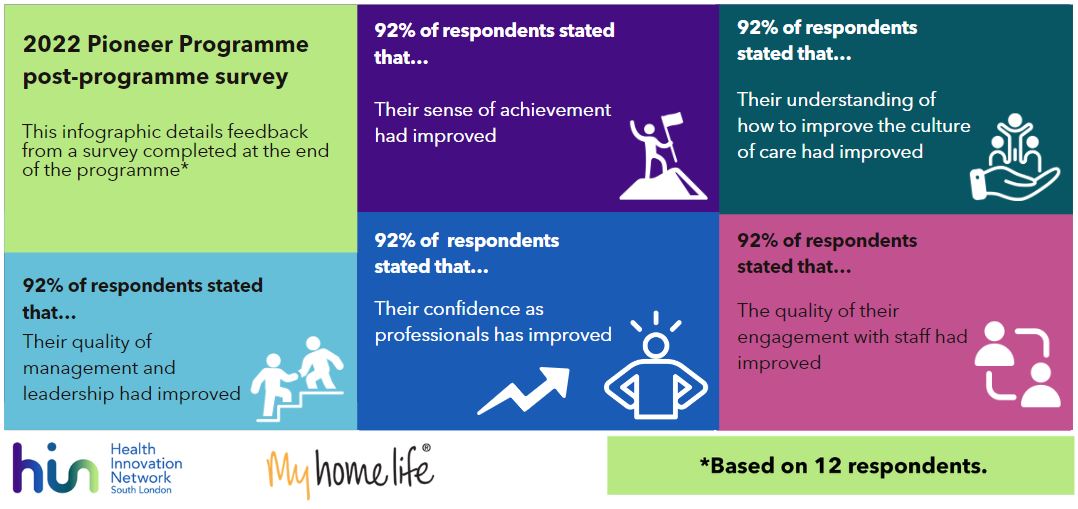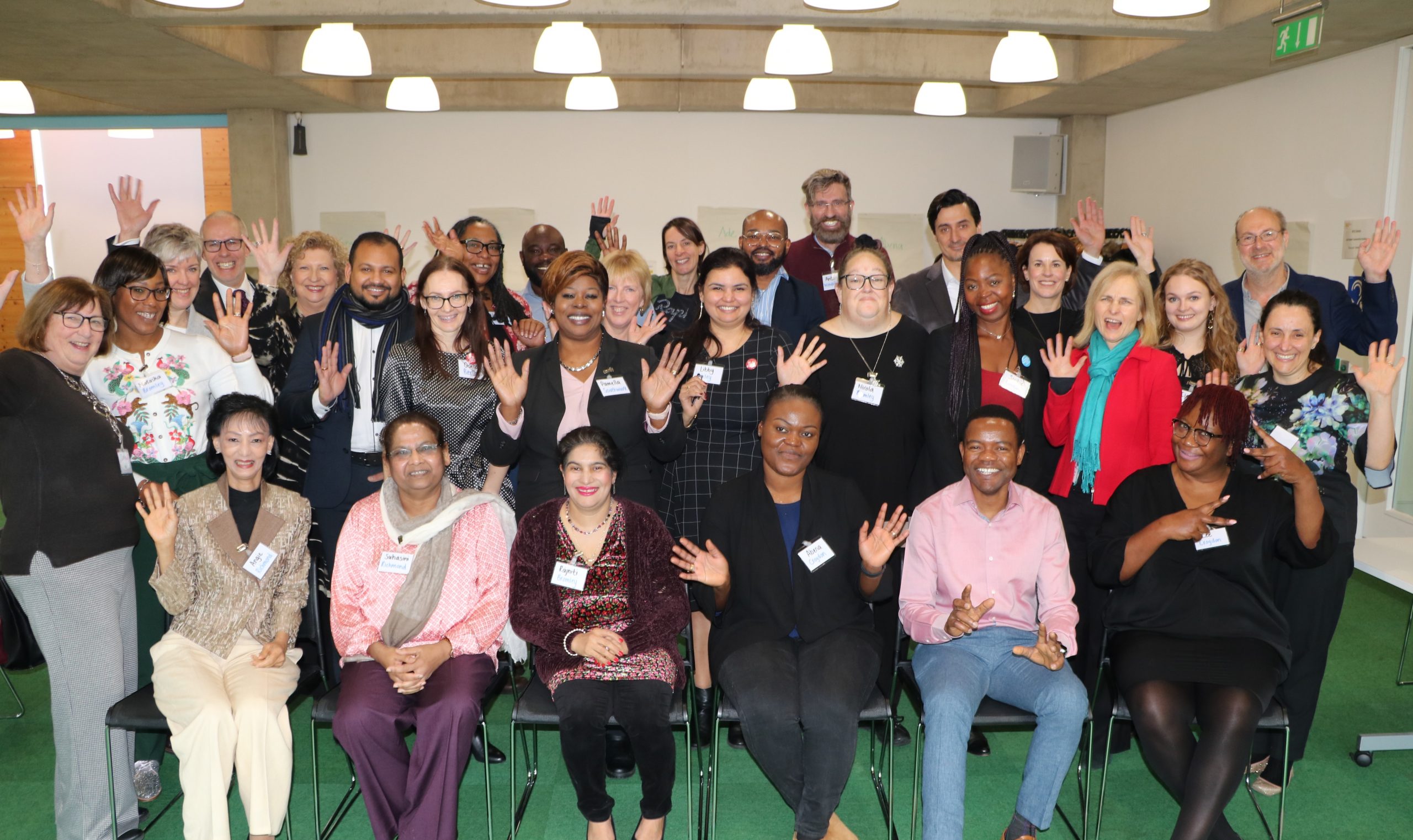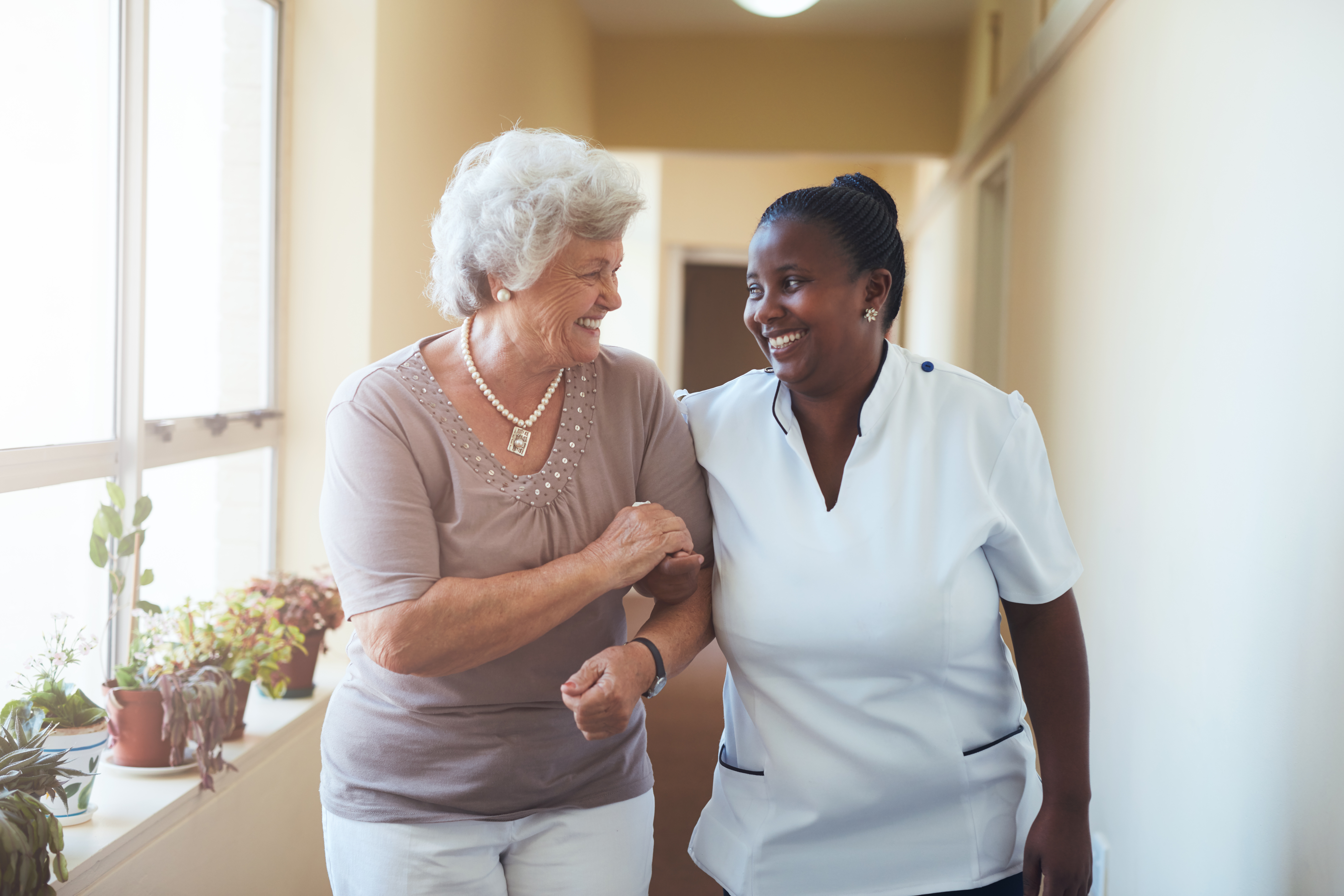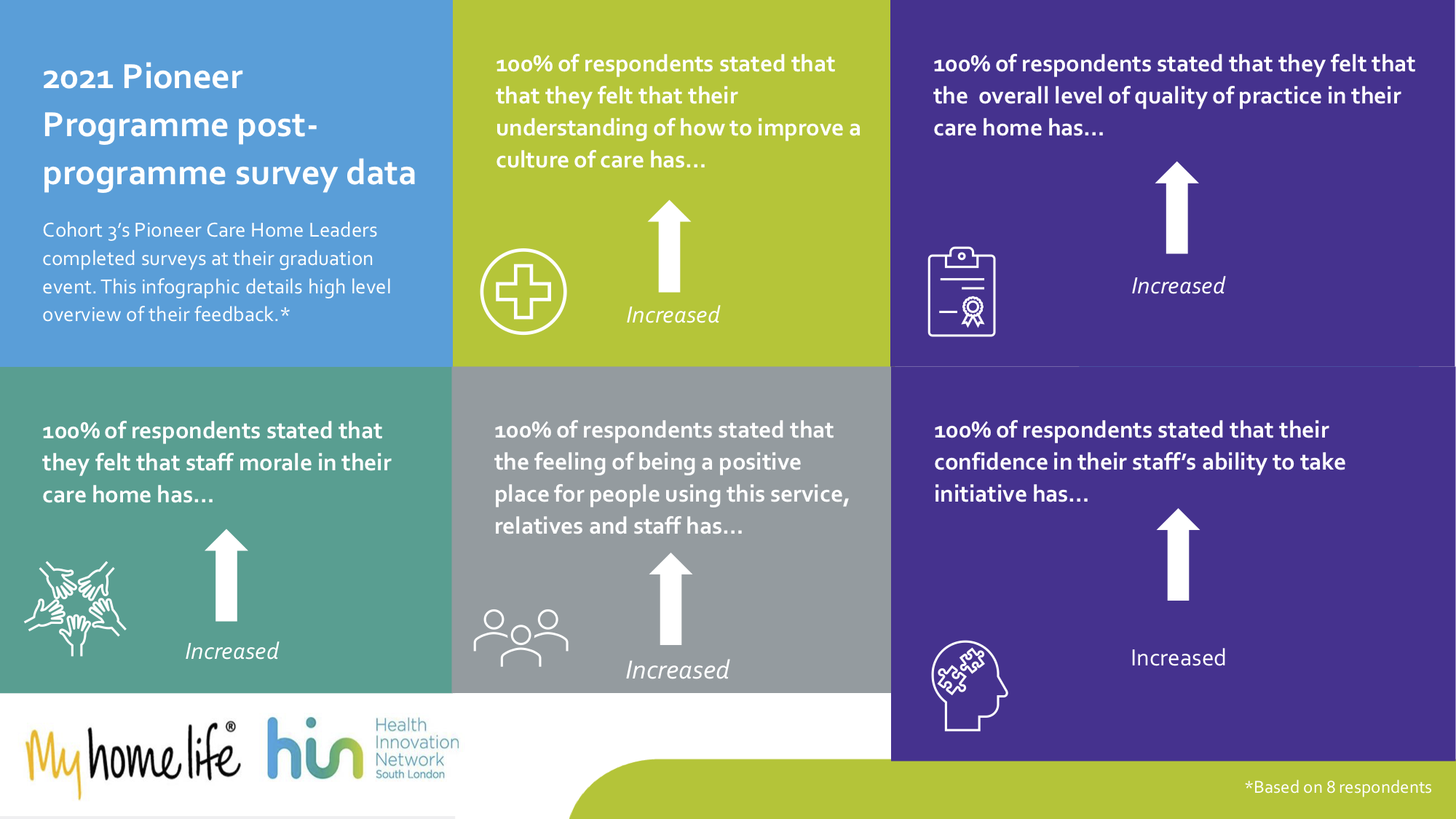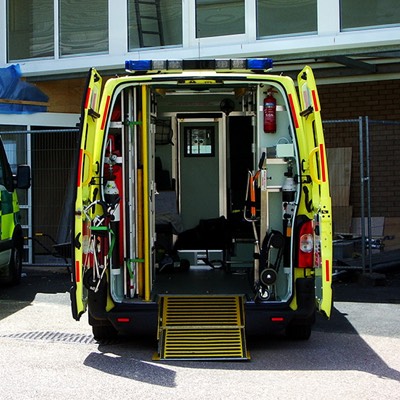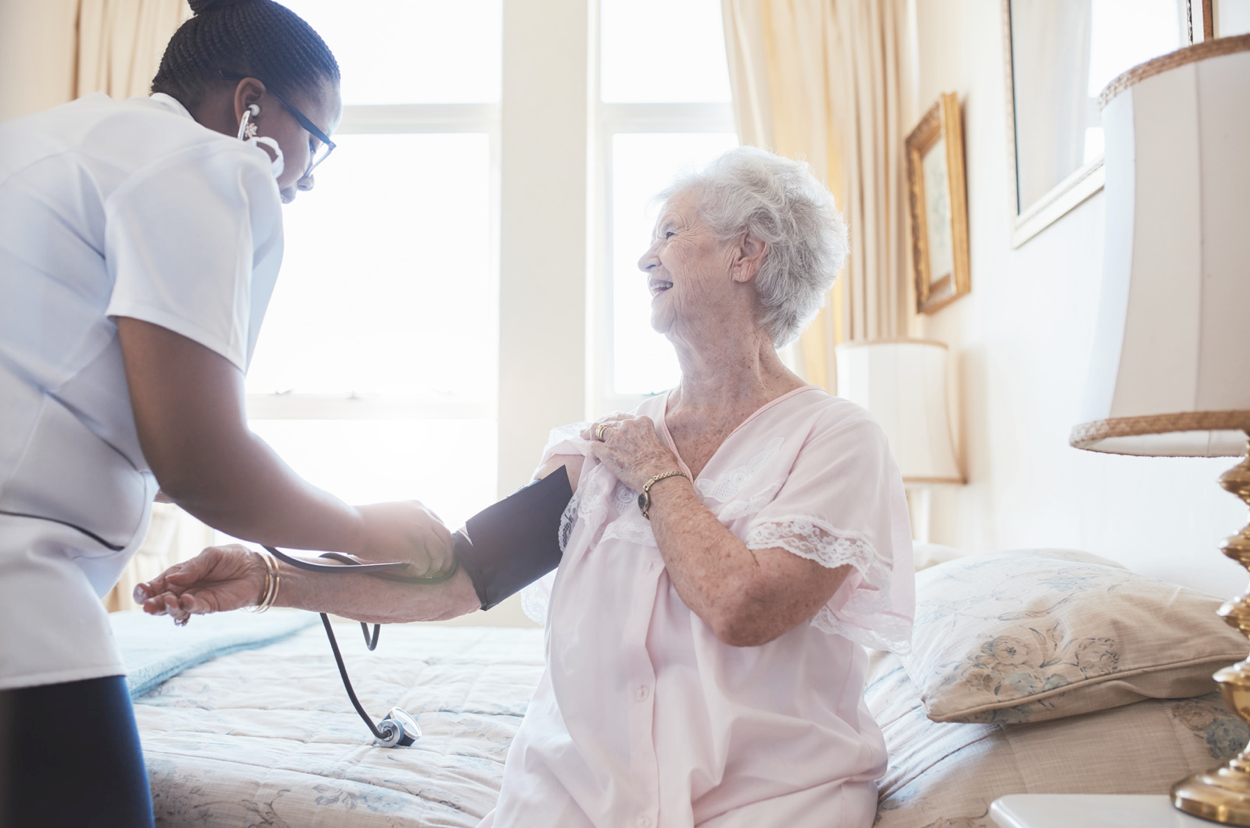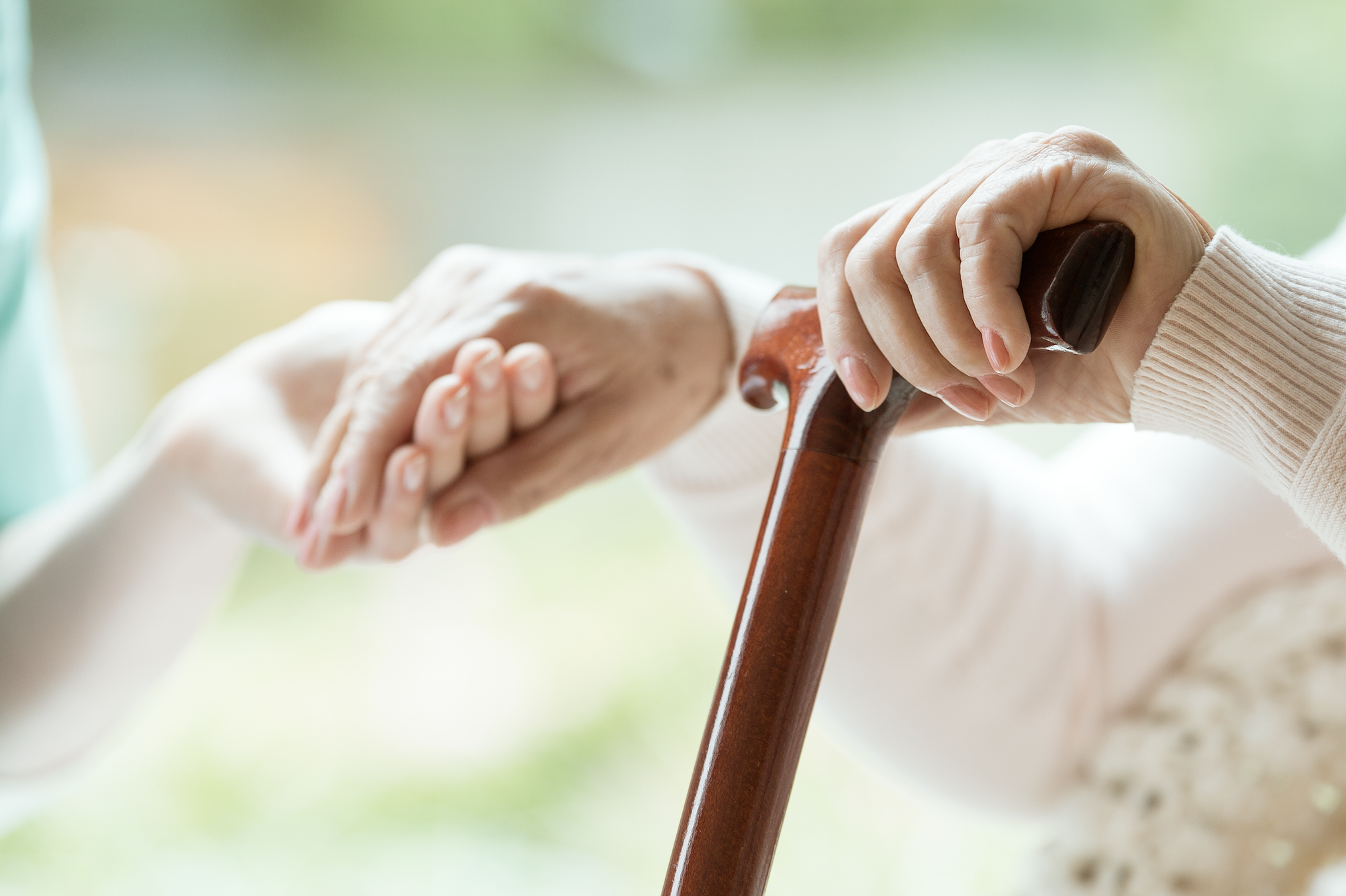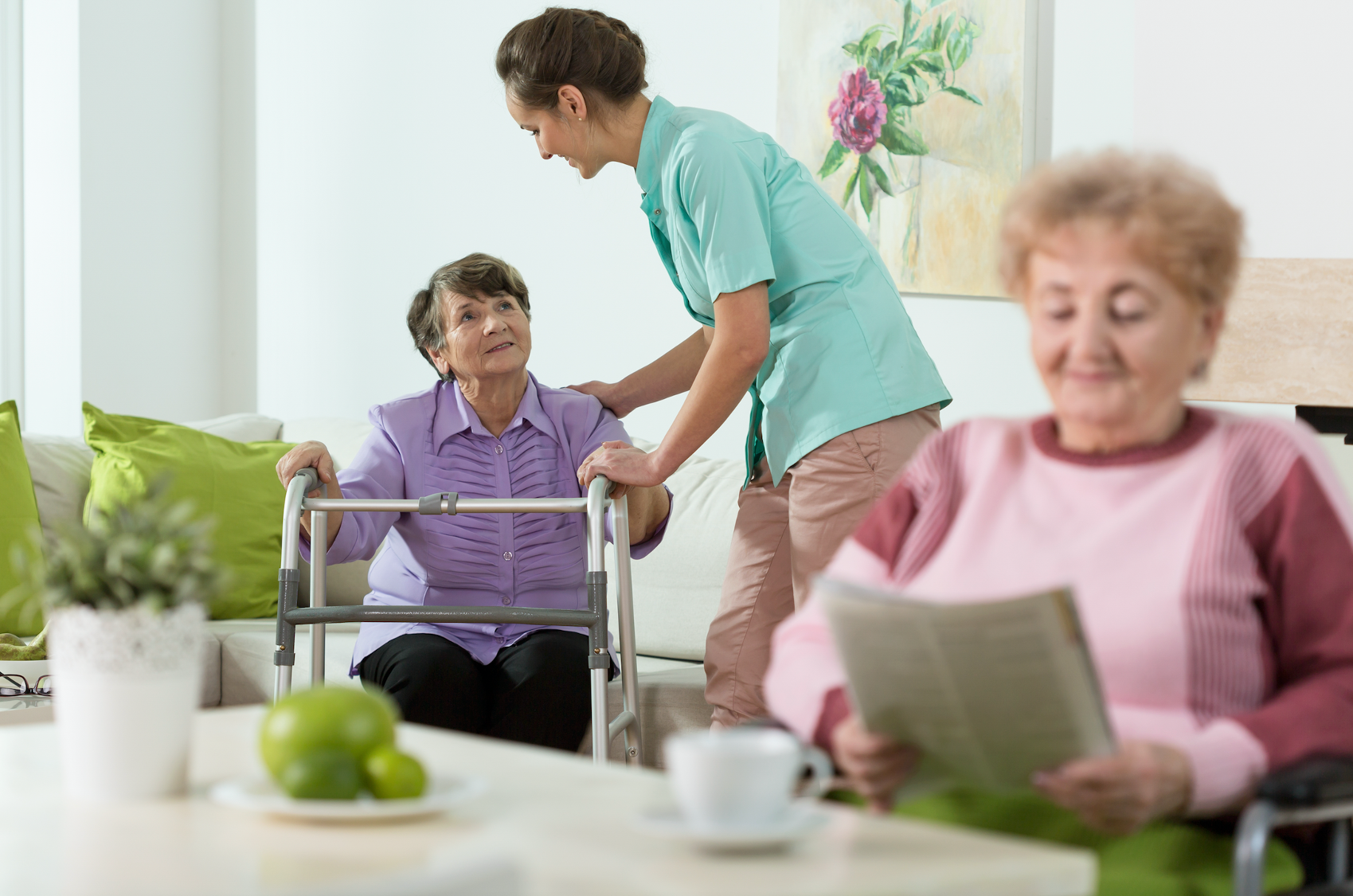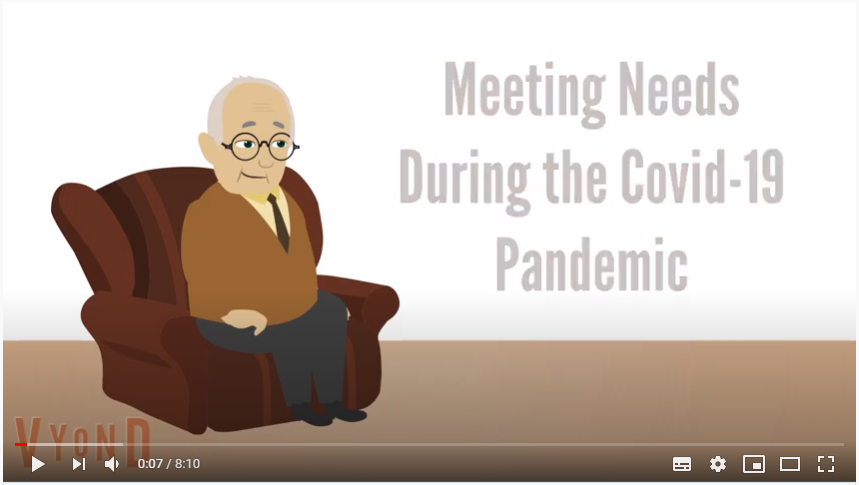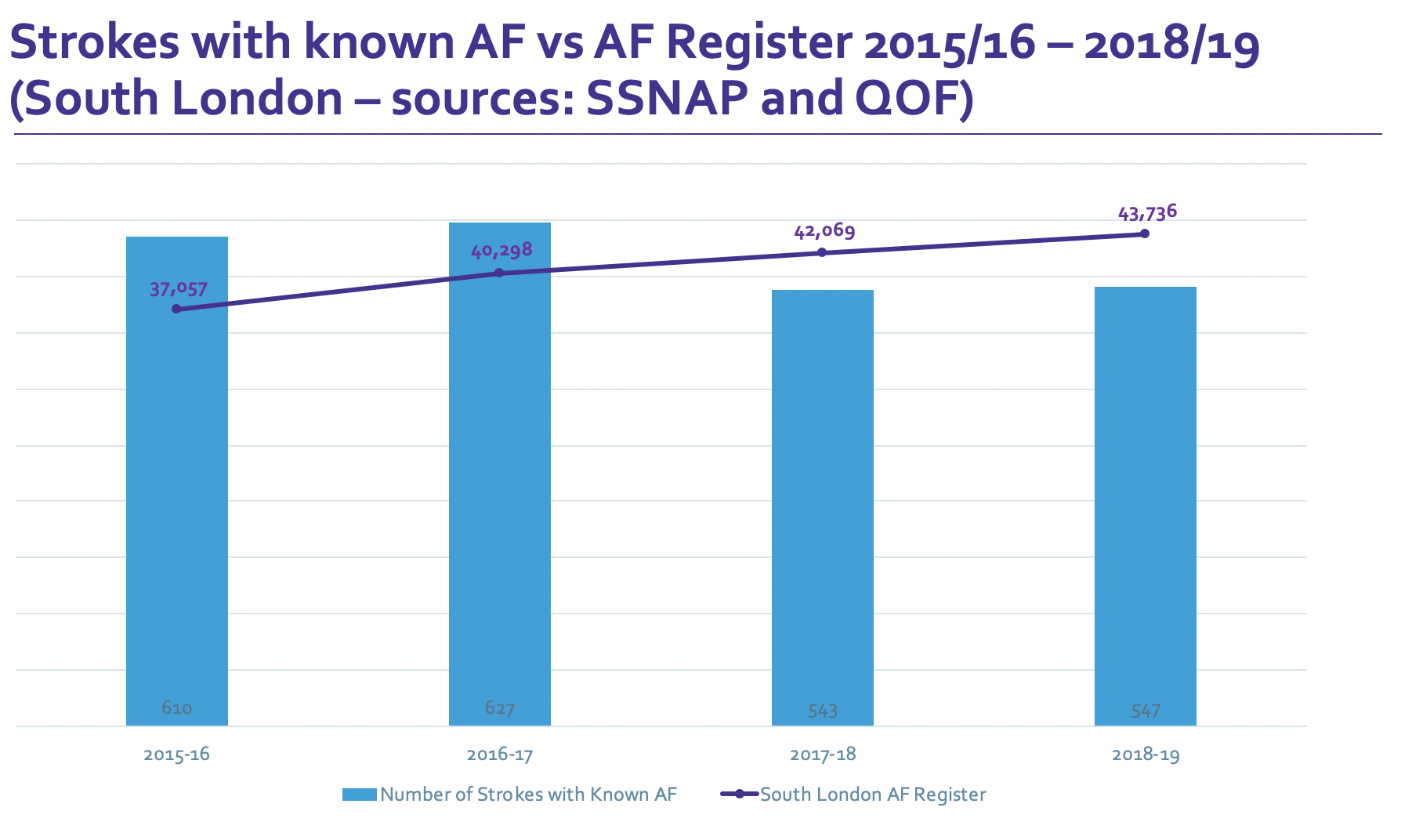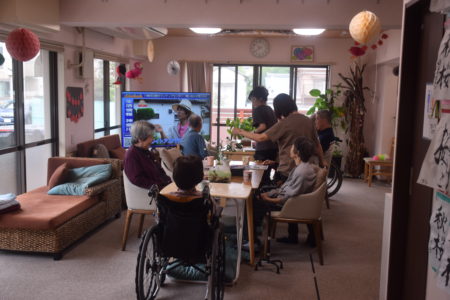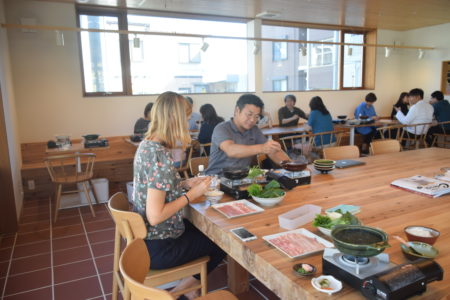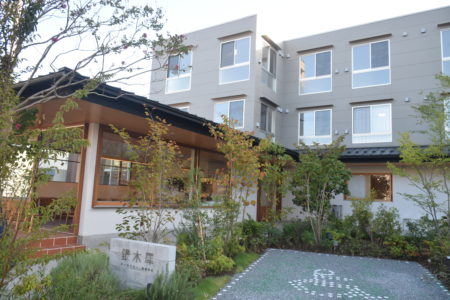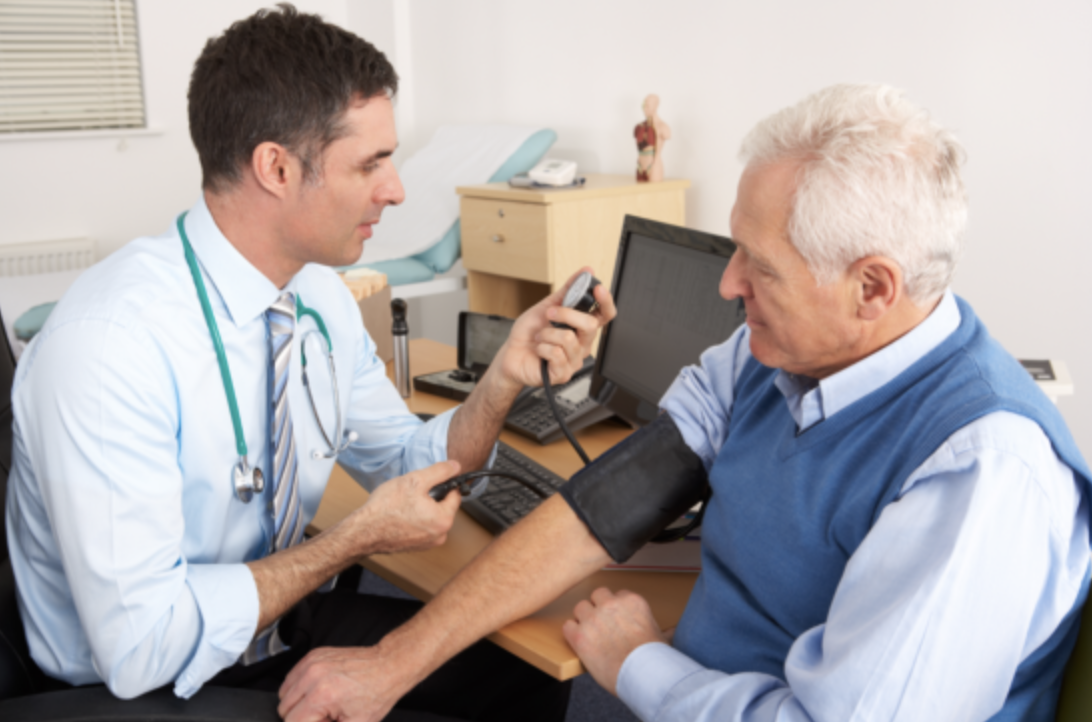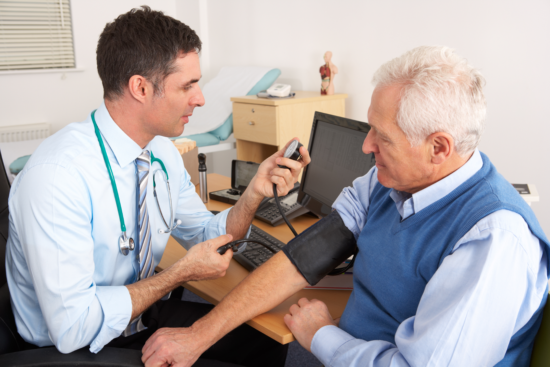Dr Caroline Chill, Clinical Director for Healthy Ageing at Health Innovation Network looks at the potential of the new contract to support innovation.
I’ve worked in primary care for over 30 years, and have been involved in leadership and innovation for most of them. GPs have a history of being innovative with the early coded electronic health record systems being a prime example. In recent years, it has felt like this innovation has been stifled by increasing workload, staffing pressures and ever changing contractual requirements. I’ve seen innovation talked about in countless different ways and these days it seems to me that policy makers are falling over themselves to describe initiatives as ‘innovative’ or to talk about the potential to improve care through innovation but with less commitment to support the delivery of innovation in practice. So, I was fascinated to see how this would be expressed in our new GP contract which to my surprise did not mention the word ‘innovation’ at all. Not a single mention, despite the contract being extremely innovative.
An obvious area relates to support for Primary Care Networks and additional staffing. The aim of Primary Care Networks is to connect the primary care teams to help deliver more integrated and comprehensive local services, to allow new models of care to emerge and to support higher levels of self-care. From 1July, 1,259 Primary Care Networks become operational and backed by nearly £1.8 billion funding over five years with most of England’s nearly 7,000 GP practices participating.
Additionally, the interim NHS workforce plan and dubbed the “People Plan” was published in June. This focuses on three key areas – recruiting more staff; making the NHS a great place to work; and equipping the NHS to meet the challenges of 21st century healthcare. It re commits the government to delivering 5,000 full time equivalent GPs “as soon as possible” as well as nearly 6,000 extra nurses, and the creation of “nursing associates” offering a career route from care support into registered nursing.
The GP contract acknowledges the fact that the additional staff we need in general practice will not come from doctors and nurses alone. The money available through the contract can be used to help recruit a much broader range of professionals – Initially the scheme will meet 70% of the costs of additional clinical pharmacists, physician associates, first contact physiotherapists, and first contact community paramedics; and 100% of the costs of additional social prescribing link workers.
I think it will be down to the primary care networks to find innovative ways to recruit, train, support, mentor and part fund these new roles. This is no simple task as the existing training and skills of these professionals will need to be strengthened and adapted for working in community settings, where there is less supervision and where patients need holistic care, encompassing multiple physical, social and psychological issues.
I believe GPs will rise to this challenge and seize the opportunity. . It could be the beginning of a new, more modern and holistic way for patients to experience general practice.
Increasing the numbers of physiotherapists and other community-trained staff could lead to another important shift. Take MSK as an example which includes chronic knee, hip and back pain, has a major impact on an individual’s quality of life and society. It is the second most common reason for GP visits, accounts for around 25% of all GP consultations and is estimated that 9.3 million working days are lost in the UK to MSK problems.
An intervention that relieves chronic joint pain, called Joint Pain Advice , already exists and can be delivered by a wide range of professionals and lead to lasting improvements in pain. The model focuses on reducing reliance on painkillers through exercise and education. Trained professionals, who could be physiotherapists, community health trainers, or others provide a series of face-to-face consultations, working collaboratively with people with hip and/or knee osteoarthritis and/or back pain, focusing on supporting self-management. The programme consists of up to four 30-minute face-to-face consultations between the advisors and people with hip or knee osteoarthritis (OA) or back pain. Patients attend an assessment where they discuss their lifestyle, challenges and personal goals and then jointly develop a personalised care plan that gives tailored advice and support based on NICE guidelines for the management of OA. They are then invited to attend reviews after three weeks, six weeks and six months to access further tailored support and advice. This has the potential to reduce pressure on existing physiotherapy services and potentially reduce demand for GP follow up consultations.
To date, more than 500 patients have used the service led by physiotherapists. In a previous pilot in Lewisham, south London, they reported less pain, better function and higher activity levels. A high satisfaction rate was achieved which included reduced BMI, body weight and waist circumference and has led to fewer GP consultations, investigations and onward referrals.
In addition to the patient benefits, for every £1 spent on the programme there is a saving to the health and social care system of up to £4, according a Social Return on Investment (SROI) analysis.
Why not embed this training into these new roles? This could genuinely help deliver one of the aims of PCNs to empower people to self-care and improve the quality of life for people living with MSK pain. This one example could radically change the approach for addressing the needs of people living with MSK pain helping them to become fitter, more active and more empowered, provided that the additional funding for primary care staffing does not result in reduced provision in other sectors.
Primary care will find countless other ways of using new staff to do more in primary care. While this doesn’t magically reduce our workload in practices, it has the potential to shift it and makes it easier for patients to access a broader range of professionals in community settings without the need for referrals to hospital.
These initiatives alone will not be enough to completely transform and modernise primary care but they are a great starting point. Change is easy to talk about but difficult and complex to enact. Even innovations that will lead to significant savings will often require upfront investment of resources, time and goodwill. The introduction of state based indemnity is very welcome to help retain experienced GPs, however, changes to pension contributions and tax implications may have an equal and opposite effect impacting the number of sessions doctors are choosing to work.
For me the key headlines which make the new GP contract so innovative and exciting are the significant increased staff funding, support for the development of Primary Care Networks, a five-year timeline and introduction of state based indemnity. What we now need is the time and space to deliver.
For more blogs like this, sign-up to our newsletter today: http://bit.ly/HINSignUp
